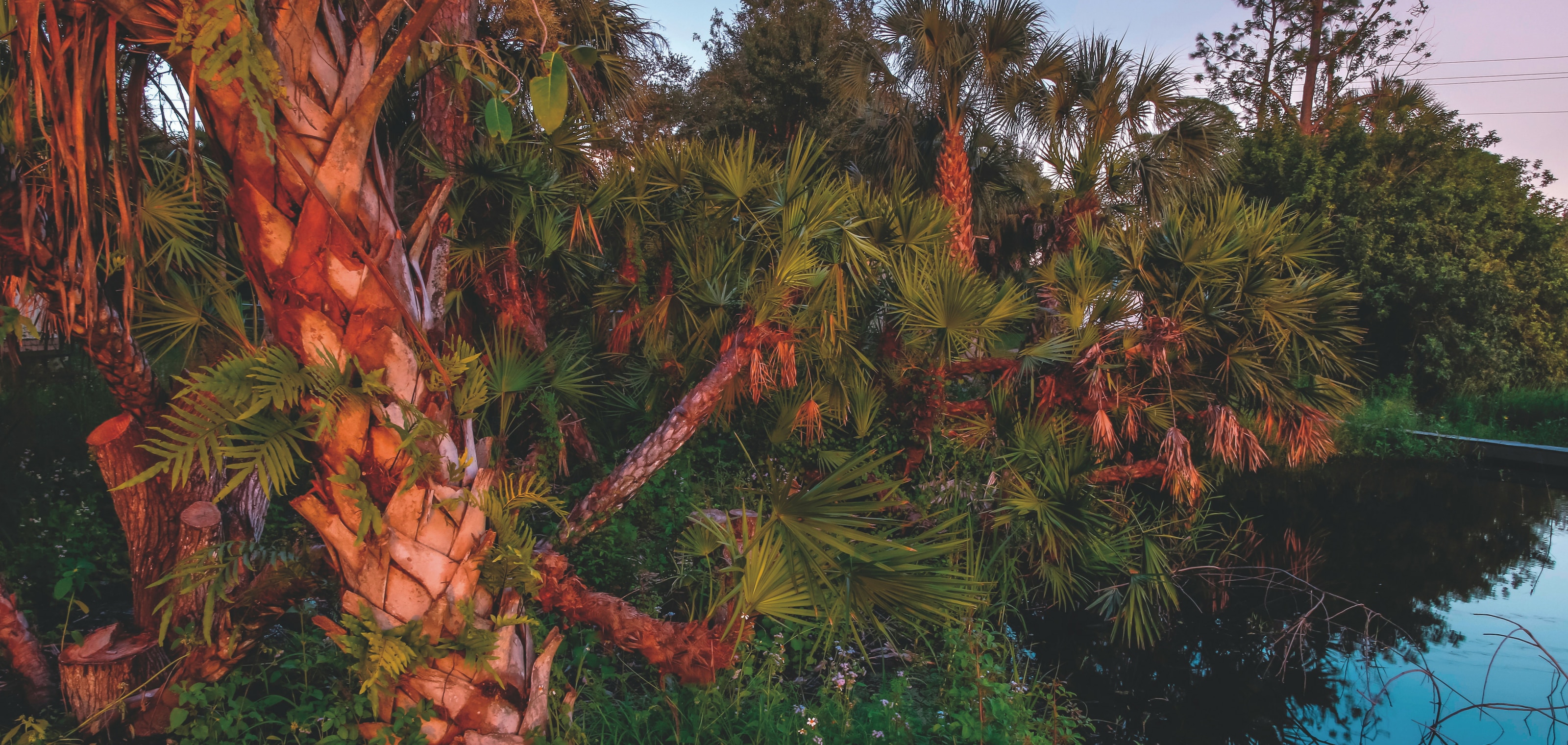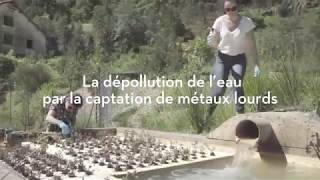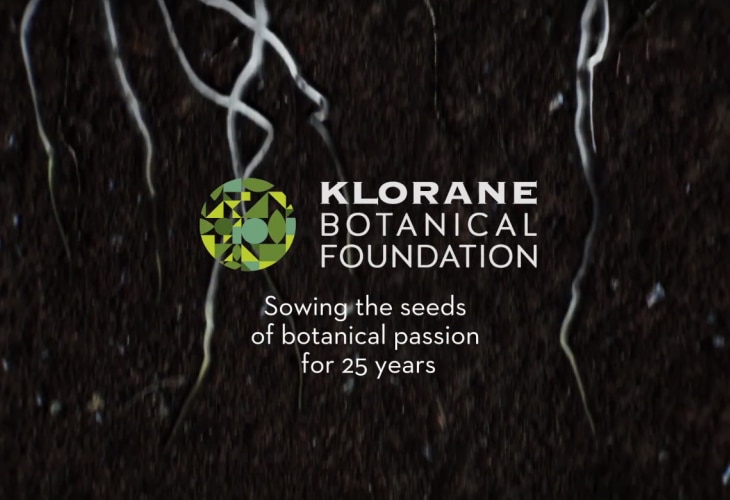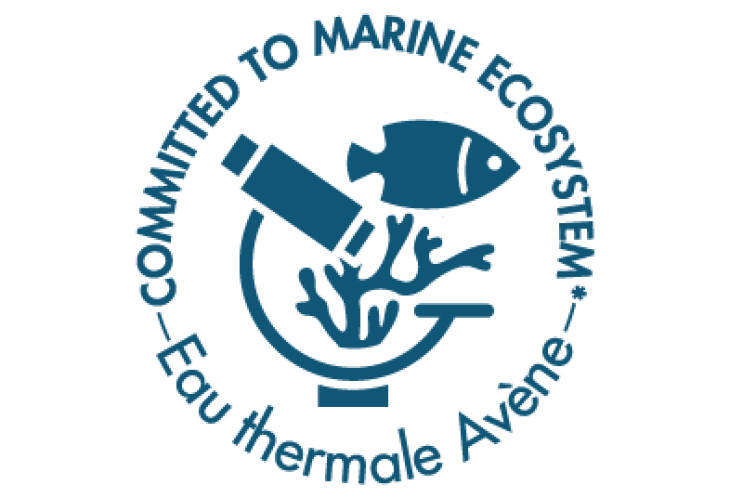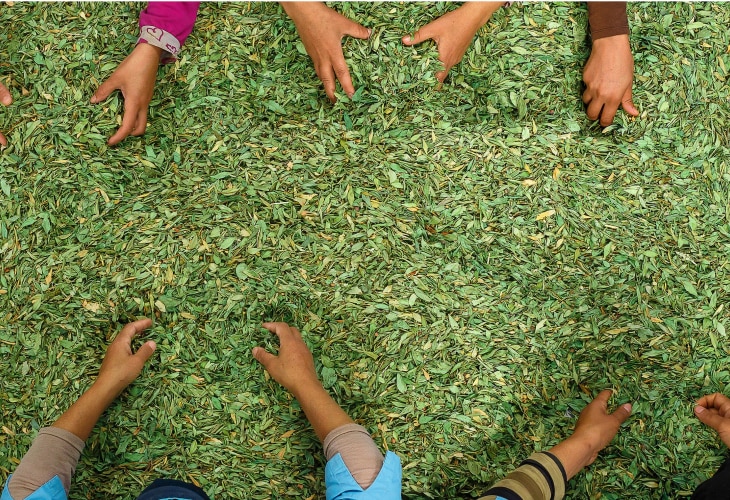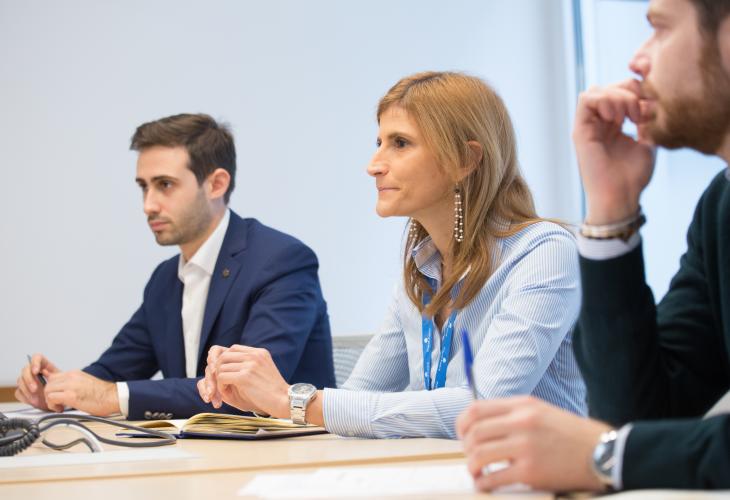Protecting biodiversity
Our company has its roots in plants, and nature is still our main source of inspiration, day after day; protecting it is a duty.
Our company has its roots in plants, and nature is still our main source of inspiration, day after day; protecting it is a duty.
Today, around 40% of our sales depend on resources derived from the plant world. Over 240 plants are used in the Group's products.
We are convinced that nature is still a wonderful area for exploration, and that nature will indeed provide the pharmaceuticals and treatments of the future.
However, although nature belongs to no one, it is our responsibility to take care of it. We are responsible for using it wisely, allowing it to regenerate, doing everything possible to protect endangered species, promoting botanical engineering and passing on our passion for plants to the younger generations.
Through various initiatives conducted since the creation of the company, we undertake to put the meaning behind the Green Mission Pierre Fabre approach into practice, day after day.
of the plants used by the Group have no impact on resource sustainability
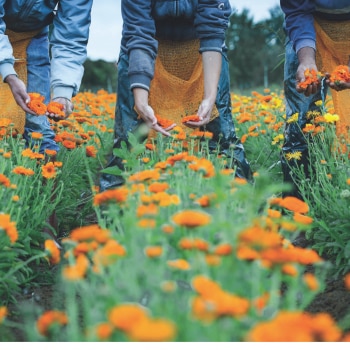
of the plants extracted in our extraction facility are grown with no chemical phytosanitary treatments
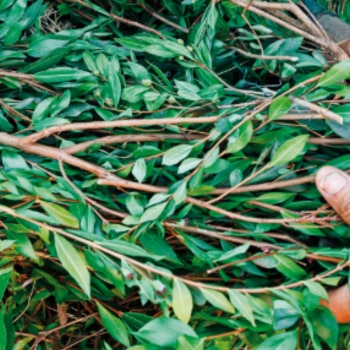
species protected in our two botanical conservatories
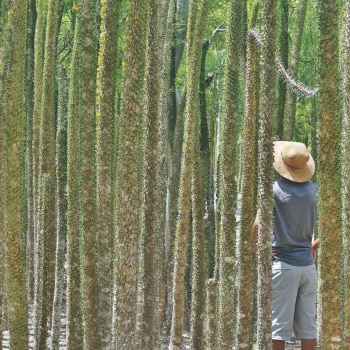
Conservatories and botanical gardens
In 2001, the Group opened its first botanical conservatory in Soual, in the French department of the Tarn. The second conservatory opened a few years later in Ranopiso, in southern Madagascar, where 90% of plant species are endemic. A place of research, safeguarding and conservation, it is home to almost 1,000 species, including over 300 endangered species. These centers provide the Group and its researchers with a better understanding of botanical diversity.

We believe that protecting endangered species is a fight that requires a collective effort, therefore we have close partnerships with various French and international institutions: the National Botanical Conservatory, Brest, the Royal Botanic Garden, Sydney, the Botanical Garden of Buenos Aires, the Beijing Botanical Garden and Botanic Gardens Conservation International.
To develop these international relations, the Soual conservatory notably promotes its CITES (Convention on International Trade in Endangered Species of Wild Fauna and Flora) accreditation, a procedure that aids discussions between scientists and scientific institutions committed to actions in the field of research, conservation and botanical diversity. As a pioneer of this approach, we were the 1st private French organization to obtain this accreditation in July 2010.
Faithful to our botanical tradition, over the years, the Soual conservatory has created a herbarium of almost 9,000 slides. To make this source of knowledge available to as many people as possible, we launched a digitization process and our herbarium is now available online.
On April 1, 2020, the European Commission (EC) added Pierre Fabre’s plant sample library to the European Register of Collections. To date, only three collections have been registered by the European Commission.
Klorane Botanical Foundation, botany in action
Tangible actions in over 20 countries to put plants back where they deserve to be in our lives
Bees for neighbors
It is no longer in dispute that bees are a vital link in biodiversity. The phenomenon of this species' mortality has been identified for several years, but we choose not to see this situation as inevitable. We want to do as much as we can. Therefore, several of our sites in the Tarn and Haute-Garonne regions accommodate around fifty hives and over a million bees, and our employees regularly take part in awareness-raising workshops on the importance of biodiversity and training on bee-keeping.
Our commitments to limit the impact on the marine environment:
Non-ecotoxic filters tested on 3 key species of marine biodiversity*. Optimized formulas to promote biodegradability** and with a limited number of UV filters. Packaging made from recycled or recyclable materials, bio-sourced or with reduced plastic... Public awareness about suitable sun protection and good usage practices.
Replanting trees throughout the world
Through various schemes that have been in place for over 10 years, Pierre Fabre is helping replant trees all over the world. We have already planted around 230,000 trees!
In Madagascar, we have planted over 100,000 trees since 2014 to offset our carbon footprint linked to the annual production of the cancer drugs Navelbine and Javlor. The project has been granted the "Reforestation and Solidarity" label by Ecocert.
The list of projects remains long: argan trees in Morocco with the Mohamed VI Foundation, desert dates in Senegal in the context of the Great Green Wall project, acacia trees in Mali with the Zanbal project, olive trees in Greece and Italy, etc.
Refuge for birds
In another ground-breaking process, the Pierre Fabre Group is the first company to enter into a partnership with the bird protection league in the Tarn region. In 2015, we signed two agreements: one for our Avène site (Hérault) and another for Terre d'Avoine, in Puylaurens (Tarn). After inventory work and the proposal for a site management plan, our Eau Thermale Avène and A-Derma brands have committed to helping maintain and develop the fauna and flora at these sites to turn these green oases into real bird refuges.
This is more proof that economic activity and being green are not incompatible!
Biodiversity inventories
Our sites are regularly subject to inventories of their fauna and flora, to measure our local impact. This has revealed some fabulous surprises: birds with national protection status nesting by our dermo-cosmetics production facility and the discovery of French pale fennel flowers (Nigella gallica), a species thought to be extinct in the late 1980s, at the Terre d'Avoine site.
This is encouraging us to continue with the industrial and farming practices we have been implementing for several years!


